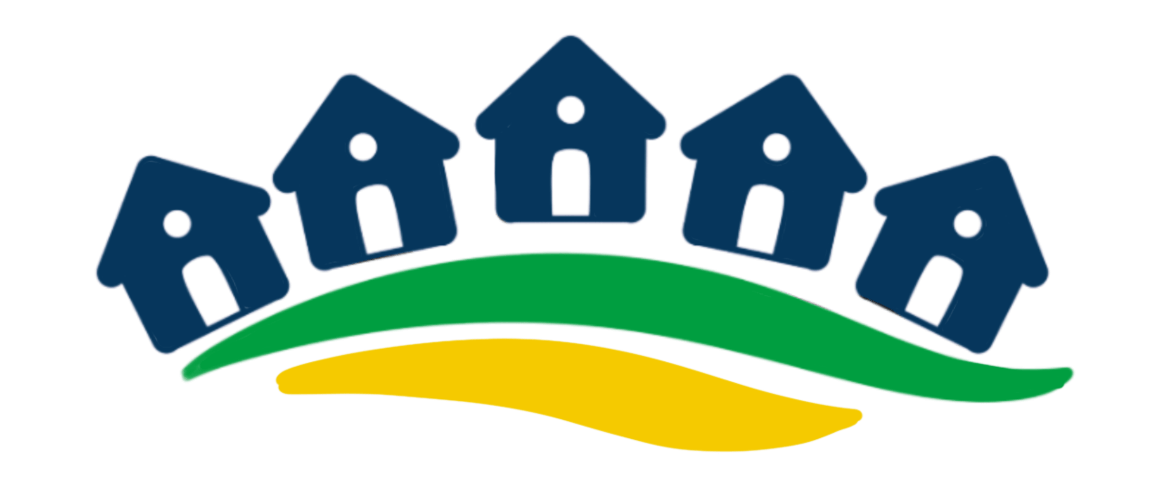

Homeownership Down Payment Assistance Program
Application forms now available!
The new affordable homeownership assistance program helps renters become homeowners.
Administered by the City of London Municipal Housing, the program will assist moderate-income rental households in purchasing affordable homes in London or Middlesex County by providing eligible home buyers an interest-free forgivable loan over 20 years, covering up to 5% of the home's purchase price, to a maximum of $25,000.
Limited Funding
Completed applications are processed on a first-come, first-served basis until funds are depleted. We encourage you to apply early to secure your chance for financial assistance.
Who is Eligible?
Who is Eligible?
Program criteria to qualify:
- Applicant must be at least 18 years old
- Applicant cannot currently own a home or a residential property (in whole or in part, including a recreation or cottage property). Also cannot be living in a spousal relationship (including same-sex spousal relationship) with a person who owns, in whole or in part, a residential property, including recreation or cottage property.
- Total household liquid assets cannot exceed $100,000
- Maximum house price is $500,000
- Maximum income limits are $95,000 for a single person and $115,000 for a family
- Applicant must be a renter in London or Middlesex County
- Applicant must agree not to lease the home or individual rooms in the home and must agree to occupy the home for the duration of the AHP loan agreement
- Applicant must be eligible to obtain a mortgage at a recognized financial institution and demonstrate sustainability
- Applicant must be able to pay all closing costs
- All homes must have a home inspection
- Sign loan agreement
Loan Terms
In addition to the program eligibility requirements, the terms of the loan include provisions to support the ongoing sustainability of the funds and the discharge terms, including:
- A declaration will be provided for the applicant to review and sign, confirming their understanding of the repayment terms for the capital gains portion of the agreement.
- If the applicant decides to sell the home or if in default, the principal and 5% capital gains (if applicable) must be repaid.
- If the home is resold at a greater price than the original purchase price, the purchaser must pay 5% of the capital gains.
- On the 20th anniversary, the loan is automatically forgiven if no event of default has taken place.
How to Apply:
- Make an offer on a home
- Complete the application forms provided below
- Submit the completed forms and all required documents in one of the following ways:
- Email: @email
- Drop off: City of London City Hall, 300 Dufferin Avenue at the Path2Approval counter on the 2nd floor (Open Mon-Fri 8:30AM - 4:30PM) Path2Approval counter staff at City Hall are only accepting completed application packages and are unable to assist with program inquiries
- Mail: City of London, PO Box 5035, London ON, N6A 4L9 - Attention: Homeownership Down Payment Assistance Program
What's Next?
- You will receive an email that your application has been received.
- Please note, only fully completed application packages will be reviewed for eligibility. If your application is incomplete, you will be contacted by email to submit the missing information to be eligible for review.
- Lastly, you will be notified by email of your successful eligibility and next steps.
Application Package
This program is a partnership between the Government of Canada, the Province of Ontario and the City of London through the Canada-Ontario Affordable Housing Program (AHP).
If you have any questions about the Homeownership Assistance Program, you can contact Municipal Housing at: 519-661-CITY (2489) ext. 5523 or email @email
Homelessness Facts
Homelessness exists in rural communities across Canada. It just looks different. While people may be living on the streets, community members may also be couch surfing, sleeping in abandoned buildings, living in vehicles or homes without heat and electricity, or staying in motels and shelters. It is important to consider the entire spectrum of homelessness, as everyone’s journeys and experiences are different.
Because of the hidden nature of homelessness, you may not be aware of community members who are experiencing homelessness or housing insecurity. In smaller communities, stigma and anonymity often can prevent community members from reaching out.
There are few and limited affordable housing options in rural communities. In rural communities, rental housing is often limited, and at times is in poor condition or too expensive for people to afford.
No one chooses to be homeless. In Canada’s harsh climate, many people experiencing homelessness suffer from frostbite, physical health challenges and tragically, some lose their lives.
Rural communities are facing increasing pressures with limited services. As urban systems become overwhelmed, more rural communities across Canada are taking action to provide prevention programs, housing supports, and develop emergency accommodations and supportive housing, often without sufficient funding or support.
Rural homelessness is significantly underreported due to data gaps. However, research is emerging that shows that rural homelessness is occurring at per capita rates that are equal to or greater than some of Canada’s largest urban centres (Schiff et al., 2023).
While addiction and mental illness may lead to some people experiencing homelessness, people often develop these challenges as a result of the trauma and instability caused by homelessness. Homelessness is driven by a number of complex factors including poverty, the loss of employment, domestic violence or systemic barriers that disproportionately impact marginalized groups.
